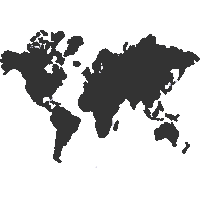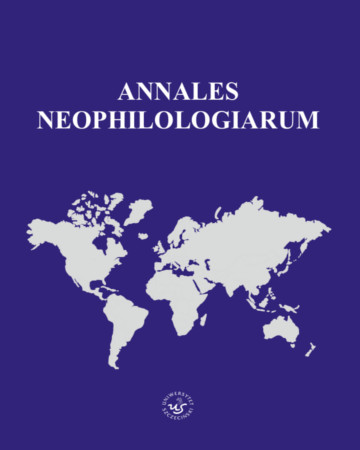| 1. | Baethge, Christopher. „Die Sprachen der Medizin“ Deutsches Ärzteblatt 105, Heft 3, (2008) URL:www.thescientist.com/article/print/54513, Zugriff am 2.7.2008. |
| 2. | Caspar, Wolfgang. Medizinische Terminologie, Stuttgart. New York: Thieme, 2007. |
| 3. | Eckart, Wolfgang U.: „Venter id est hwamba – „Sprach“-geschichte der Medizin aus der Perspektive des Unterrichts“. In: Handbuch Sprache in der Medizin, (Hg.) Albert Busch, Thomas Spranz-Fogassy, 3-25. Berlin, Boston: de Gruyter, 2015. |
| 4. | Holubar, Karl, Cathrin Schmidt. Medizinische Terminologie und ärztliche Sprache, Wien: Facultas.wuv, 2007. |
| 5. | Friedbichler, Michael, Ingrid Friedbichler, Jens Christoph Türp. „Wissenschaftliche Fachkommunikation im Zeitalter der Globalisierung. Trends, Herausforderungen und Lösungsansätze für die Zahnmedizin im deutschen Sprachraum“. Praxis und Fortbildung 12 (2008): 1193-1202. |
| 6. | Graddol, David English Next. Why global English may mean the end of English as a foreign language. British Council 2006, 14. Zugriff am 28.02.2018, https://englishagenda.britishcouncil.org/sites/default/files/attachments/books-english-next.pdf. |
| 7. | Jachym, Barbara. „Deutsch als Wissenschaftssprache, where are you? Einige Bemerkungen zu den Artikelüberschriften in der deutschen Onlinepresse“, Glottodidactica XLI/2 (2014): 87-98. |
| 8. | Navarro, Fernando A. „Englisch oder Deutsch? Die Sprache der Medizin aufgrund der in der Deutschen Medizinischen Wochenschrift erschienenen Literaturangaben (1920-1995)“, Deutsche Medizinische Wochenschrift (1996) 121: 1561-1566. |
| 9. | Roche, Jörg, „Deutsch als Wissenschaftssprache – Normorientierung zwischen Anglophilie, Anglomanie und Anglophobie“. In: Texte im Spannungsfeld von medialen Spielräumen und Normorientierung, Pisaner Fachtagung 2014 zu interkulturellen internationalen Perspektiven der internationalen Germanistik, Hg. Martine Dalmas, Marina Foschi Albert, Marianne Hepp, Eva Neuland, 89-108, München: Iudicium, 2015. |
| 10. | Willmanns, Juliane C., Günther Schmitt. Die Medizin und ihre Sprache. Landsberg/Lech: Ecomed, 2002. |




